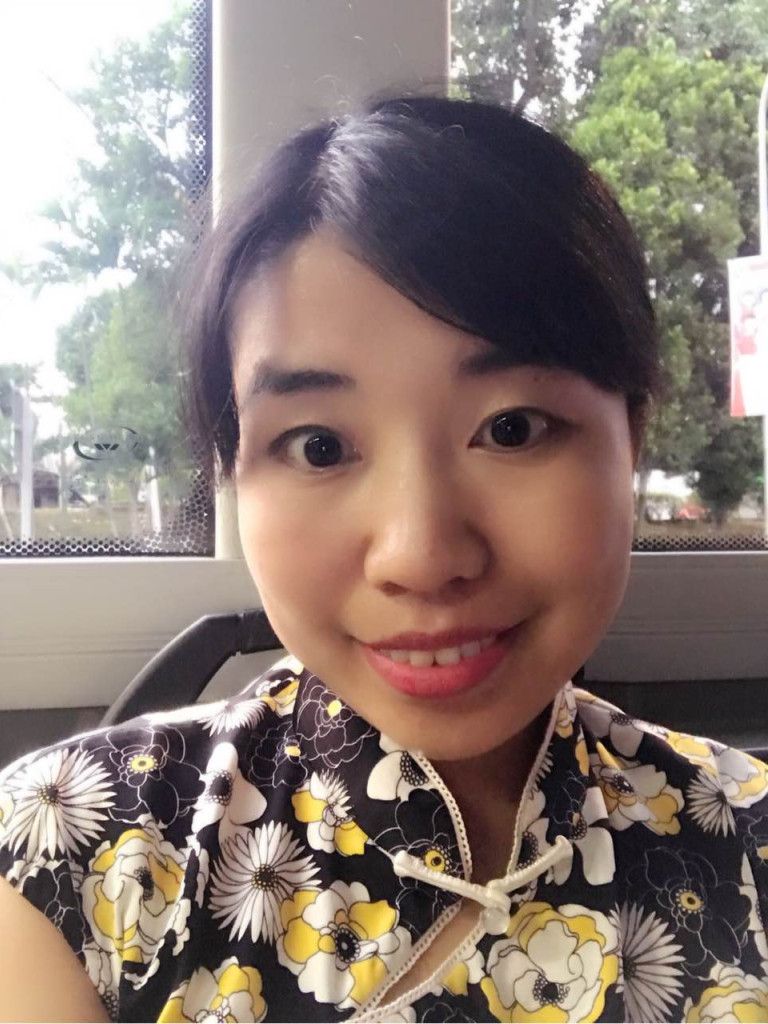
JING JIANG
- 2017
- Press Fellow
Jing Jiang is a science journalist at Science and Technology Daily, a Chinese mainstream media outlet distributed nation-wide and overseas, the world’s only daily newspaper focusing on science and technology news. During her more than a decade-long career, Jing has reported on a wide range of issues relating to information technology, life sciences, energy, environment and transportation. She has been granted a number of awards and honours, such as the John S. Knight Journalism Fellowship at Stanford University. She is also a Ph.D. candidate at China Agricultural University doing research in public administration. 1. Why did you choose to become a science journalist? It was the SARS outbreak of 2003 that fuelled my passion to become a science journalist. During that period, fake news and rumours swirled around in China as the death toll rose, I then had a strong desire to get the facts to the public. Actually, I firmly believe that scientists are respectable, significant and interesting people. I cannot think about another job which can offer more joy and satisfaction than working with scientists to communicate their amazing achievements to the public. So that is why I became a science journalist. 2. What role do science and science communication play in your country? Undoubtedly, science and science communication increasingly play a critical role in China. Science and technology have become an important engine to economy growth and change. However, science communication has not caught up with the pace of science and technology development and is still in its infancy. Science journalists are facing many challenges. But on the other side, science journalists have also a lot of opportunities. 3. What are the main challenges of science journalism in your country? There is a wide gap between scientists’ achievements and journalists’ reporting. Many science journalists have no background in science and technology and lack the necessary knowledge of the subjects they cover, resulting in inaccurate reporting. Meanwhile, scientists are reluctant to engage with the public and have limited capacities to communicate their achievements. All these reasons contribute to the widening of this gap and it is urgent and necessary to narrow and eventually close this gap. 4. Where do you see the big societal transformations in the future? What scientific research/discovery will change our world? In my opinion, information technology, life sciences and artificial intelligence are tremendously changing our society and will eventually change our world. 5. What book, movie or song has radically changed your perspective? And why? As social media has increasingly become the most important channel to access and disseminate information, it is hard to recall which book, movie or song has radically changed my perspective. If I have to do that, I would like to say Wechat (Chinese comprehensive social medium, a combination of Facebook, X, payroll and so on.)